
Ostend: The Belgian Seaside Gem
Nestled along the Belgian coast, Ostend is a charming blend of sandy beaches, bustling promenades, and rich history. Known as the 'Queen of the Belgian Sea-side Resorts,' Ostend offers a delightful escape with its serene coastline and vibrant city life. Whether you’re looking to relax by the sea or explore cultural landmarks, Ostend provides a perfect balance. The city’s long promenade, the Albert I Promenade, is a hub of activity where you can stroll, cycle, or enjoy a delicious meal at one of the many seaside restaurants. The beach is perfect for sunbathing, swimming, or simply taking in the picturesque sunsets. For history enthusiasts, the Atlantic Wall Open Air Museum offers a glimpse into World War II fortifications, while the Mercator, a beautifully restored ship, showcases maritime history. Art lovers will appreciate the Mu.ZEE, a museum dedicated to Belgian art, and the numerous street art installations scattered throughout the city. Don’t miss the annual Theater aan Zee festival, which transforms Ostend into a vibrant cultural hotspot with performances, music, and art. With its mix of leisure and culture, Ostend is a must-visit destination for any traveler.
Local tips in Ostend
- Visit the local fish market, Vistrap, early in the morning to experience the freshest seafood.
- Rent a bike to explore the city and its surroundings; Ostend is very bike-friendly.
- Check the schedule for the free ferry service that takes you across the harbor to the Oosteroever district.
- Try the local specialty, 'shrimp croquettes,' at a seaside restaurant.
- If visiting in summer, book accommodations and attractions in advance as it’s a popular destination.
Ostend: The Belgian Seaside Gem
Nestled along the Belgian coast, Ostend is a charming blend of sandy beaches, bustling promenades, and rich history. Known as the 'Queen of the Belgian Sea-side Resorts,' Ostend offers a delightful escape with its serene coastline and vibrant city life. Whether you’re looking to relax by the sea or explore cultural landmarks, Ostend provides a perfect balance. The city’s long promenade, the Albert I Promenade, is a hub of activity where you can stroll, cycle, or enjoy a delicious meal at one of the many seaside restaurants. The beach is perfect for sunbathing, swimming, or simply taking in the picturesque sunsets. For history enthusiasts, the Atlantic Wall Open Air Museum offers a glimpse into World War II fortifications, while the Mercator, a beautifully restored ship, showcases maritime history. Art lovers will appreciate the Mu.ZEE, a museum dedicated to Belgian art, and the numerous street art installations scattered throughout the city. Don’t miss the annual Theater aan Zee festival, which transforms Ostend into a vibrant cultural hotspot with performances, music, and art. With its mix of leisure and culture, Ostend is a must-visit destination for any traveler.
When is the best time to go to Ostend?
Iconic landmarks you can’t miss
Strand Oostende
Experience the vibrant beach life at Strand Oostende, where golden sands meet delicious local cuisine and stunning seaside views in Belgium.
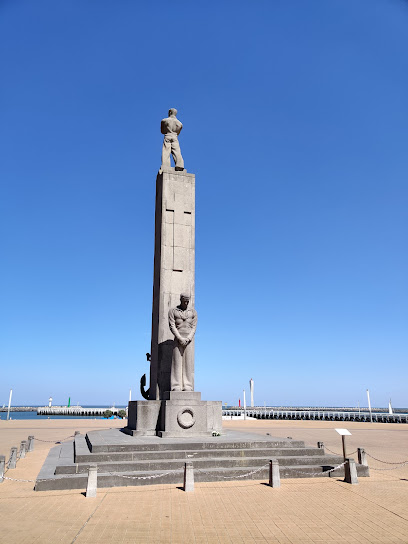
Leopoldpark
Discover the beauty of Leopoldpark in Ostend, a serene state park perfect for relaxation, picnics, and leisurely strolls amidst stunning landscapes.
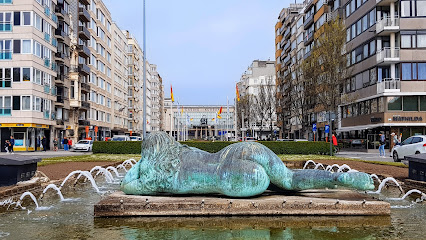
Atlantikwall Raversyde
Discover the fascinating history of World War II at Atlantikwall Raversyde, an open-air museum showcasing the Atlantic Wall in Ostend, Belgium.
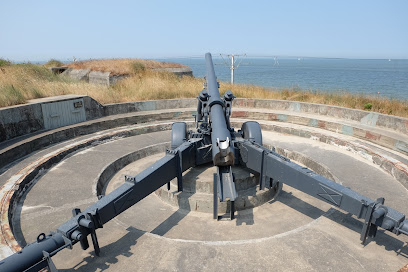
Maria Hendrikapark
Explore the natural beauty and tranquility of Maria Hendrikapark in Ostend, a perfect destination for hiking enthusiasts and nature lovers.
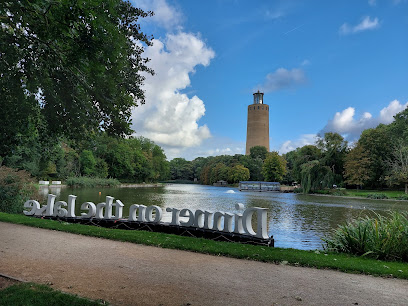
Fort Napoleon
Discover the historical significance and stunning views at Fort Napoleon, a must-see heritage museum in Oostende, Belgium.
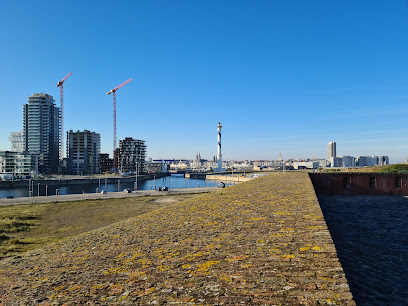
Japanse Tuin - Shin Kai Tei
Explore the serene beauty of Japanse Tuin - Shin Kai Tei, a stunning Japanese garden in Ostend, where tranquility meets nature's artistry.
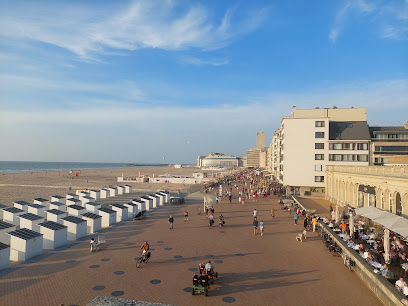
Church of Saint Peter and Saint Paul
Explore the breathtaking Church of Saint Peter and Saint Paul in Ostend, a neo-Gothic masterpiece with stunning architecture and serene ambiance.
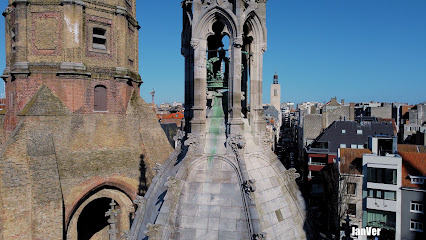
Mu.ZEE
Discover contemporary creativity at Mu.ZEE, Ostend's modern art museum, showcasing Belgian art in a stunning architectural setting.
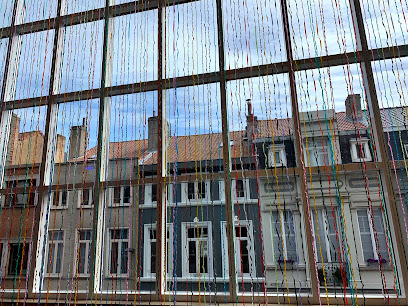
Zeeheldenplein
Explore Zeeheldenplein in Ostend, Belgium - a vibrant square honoring maritime history with beautiful monuments and local culture.
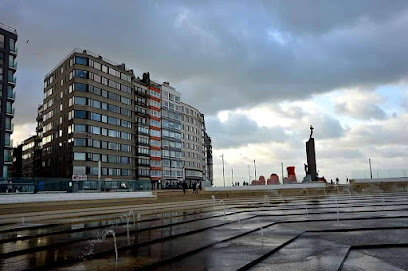
The James Ensor House
Explore the artistic legacy of Belgian painter James Ensor at his home-turned-museum in Ostend, where creativity and history intertwine.
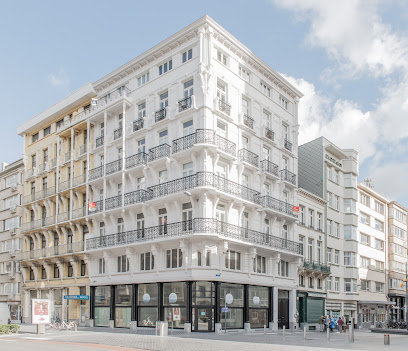
Royal Galleries of Ostend
Discover the charm of the Royal Galleries of Ostend, a historical landmark blending culture, leisure, and stunning coastal views in Belgium.
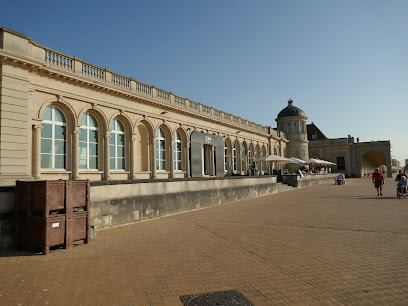
Oostende Pier
Discover the tranquil beauty of Oostende Pier, a must-visit destination for stunning sea views and a taste of local coastal culture.
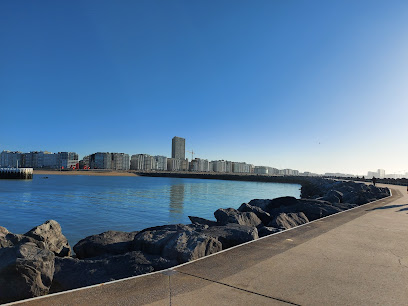
Les Cabanes d'Ostende
Discover tranquility in the heart of Ostend at Les Cabanes d'Ostende, a unique hotel blending nature and comfort for an unforgettable stay.
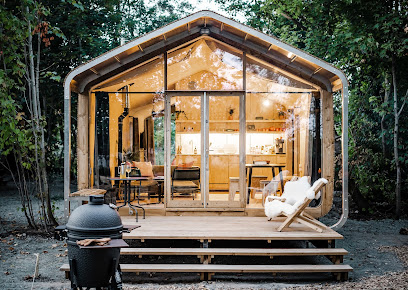
Monument of Leopold II
Discover the rich history and stunning architecture of the Monument of Leopold II, a must-visit landmark in the heart of Ostend, Belgium.
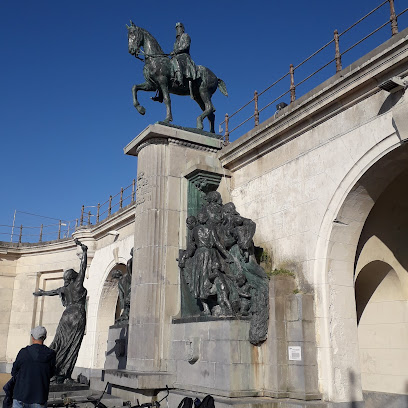
Tourism Ostend
Explore Ostend: A Coastal Gem with Rich Culture, Stunning Beaches, and Vibrant Atmosphere for Every Traveler.
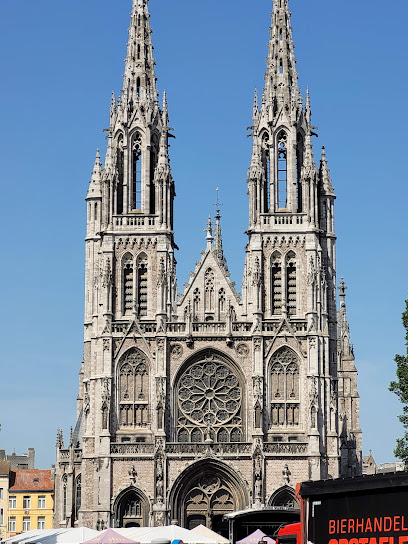
Unmissable attractions to see
Belfort
Discover Bruges' iconic Belfort, a breathtaking medieval bell tower offering panoramic views and rich history in the heart of this UNESCO World Heritage city.
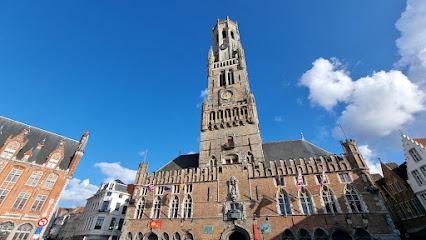
Minnewater Park
Discover the enchanting Minnewater Park in Bruges, where serene lakes and historic charm create a perfect getaway for nature lovers and romantics alike.
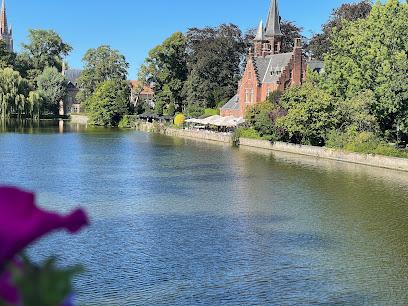
Church of Our Lady
Discover the Church of Our Lady in Bruges, a Gothic masterpiece housing Michelangelo's Madonna, rich in history and artistic beauty.
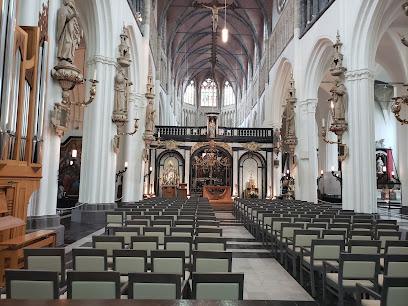
Choco-Story, Chocolate Museum
Discover the sweet history of chocolate at Choco-Story, Bruges, where interactive exhibits and delicious tastings await every visitor.
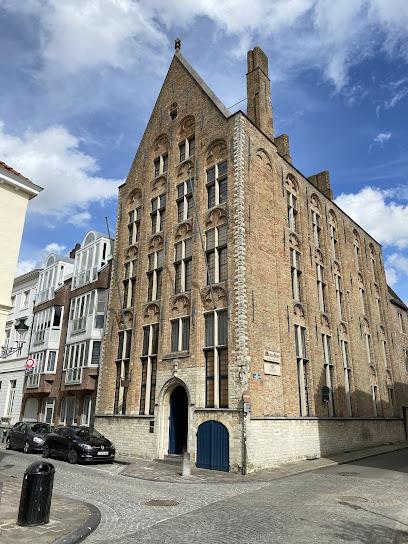
In Flanders Fields Museum
Explore the In Flanders Fields Museum in Ypres, Belgium, and immerse yourself in the poignant history of World War I through engaging exhibits and personal stories.
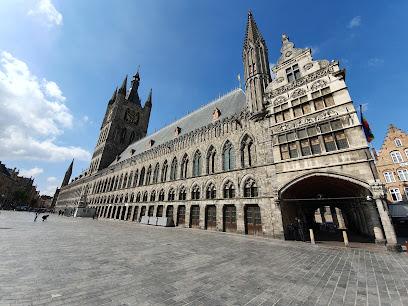
Leopoldpark
Discover the serene beauty of Leopold Park in Ostend, a perfect escape for tourists seeking nature, relaxation, and vibrant floral displays.
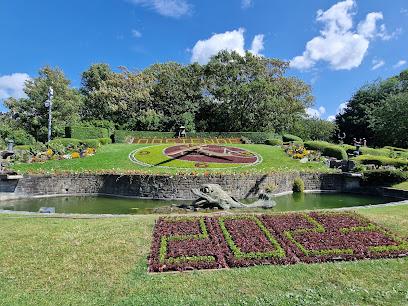
Zwin Natuur Park
Explore Zwin Natuur Park, a stunning nature preserve in Knokke-Heist, Belgium, rich in biodiversity and breathtaking landscapes.
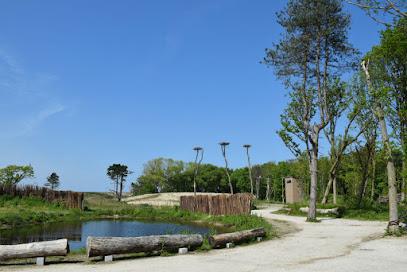
Kursaal Oostende
Discover the cultural heart of Ostend at Kursaal Oostende, a stunning venue for performances, events, and unforgettable experiences by the sea.
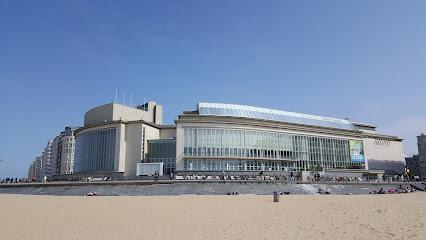
Bruges Beer Experience
Experience the rich heritage of Belgian beer at Bruges Beer Experience, where history meets flavor in the heart of Bruges.
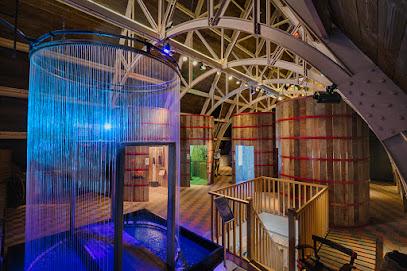
2be shop / The Beerwall / 2be bar
Discover the heart of Belgian beer culture at the 2be Shop and Beerwall in Bruges, a must-visit destination for beer lovers and tourists alike.
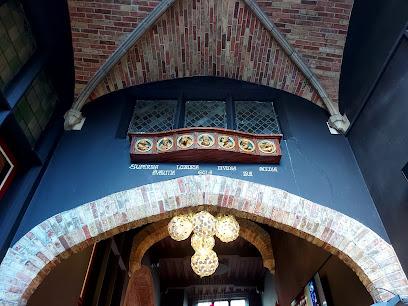
Basilica of the Holy Blood
Explore the Basilica of the Holy Blood in Bruges, a stunning architectural marvel and a sacred site housing a revered relic of Christ's blood.
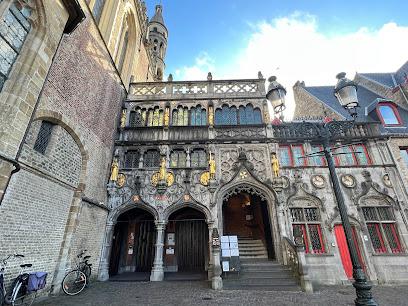
Belgium Pier
Discover the charm of Belgium Pier in Blankenberge, where stunning ocean views meet delightful dining and vibrant seaside activities.
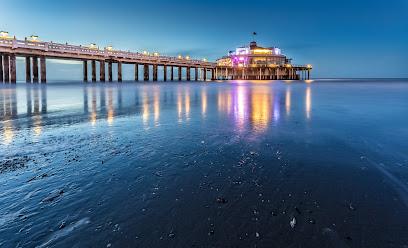
Beguinage Ten Wijngaerde
Explore the serene Beguinage Ten Wijngaerde, a UNESCO World Heritage site showcasing Bruges' rich heritage and tranquil beauty.
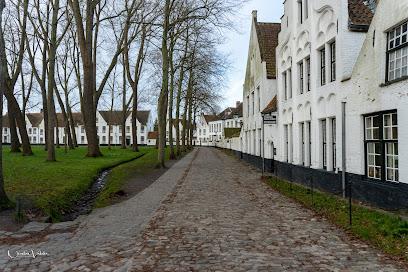
Museum Dunkerque 1940 Operation Dynamo
Discover the bravery and history of Dunkirk at the Museum Dunkerque 1940 Operation Dynamo, where the past comes alive through immersive exhibits.
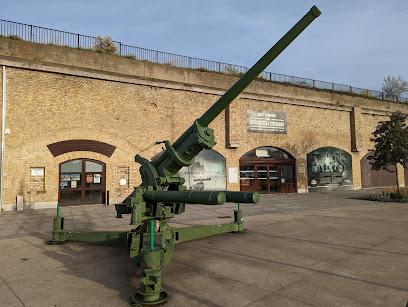
Memorial Museum Passchendaele 1917
Explore the Memorial Museum Passchendaele 1917 in Zonnebeke, where history comes alive through immersive exhibits and powerful narratives of World War I.
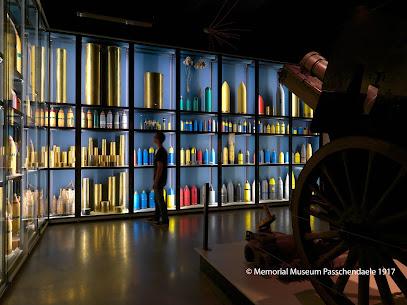
Essential places to dine
Koekoek Tavern
Discover Koekoek Tavern in Ostend – where authentic Belgian flavors meet a cozy atmosphere for an unforgettable dining experience.
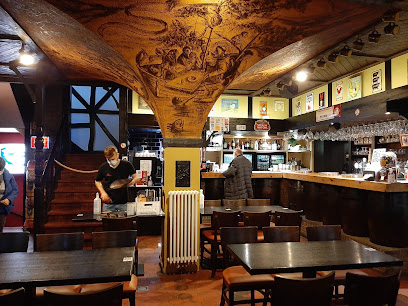
Den Artiest
Experience the best of Belgian cuisine at Den Artiest in Ostend – where every grilled dish tells a delicious story.
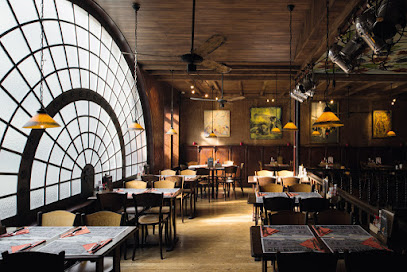
Jilles Beer & Burgers Oostende
Discover delightful gourmet burgers and an extensive beer selection at Jilles Beer & Burgers along Ostend's beautiful promenade.
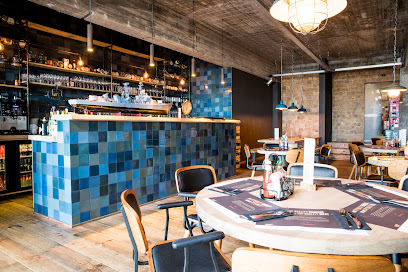
l'Apéro Ostende
Savor authentic Belgian cuisine at l'Apéro Ostende with stunning sea views and a vibrant atmosphere perfect for every traveler.
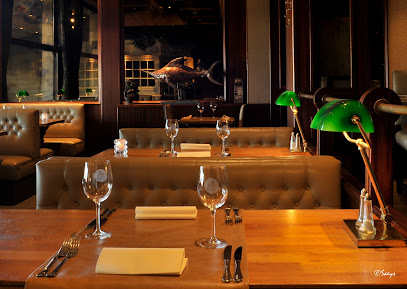
DAMAS
Experience authentic Syrian cuisine at Damas in Ostend—where every dish tells a story.
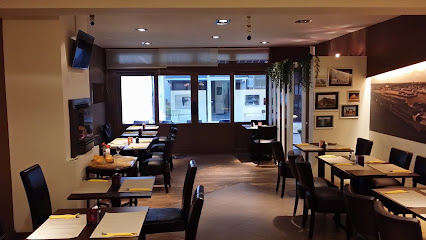
La Moulinière Oostende
Experience exquisite seafood dining at La Moulinière in Oostende, where fresh flavors meet stunning coastal views.
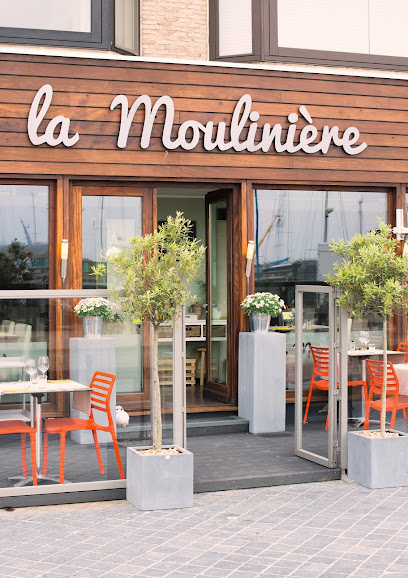
LIDO SOLE - Cocina Italiana
Experience authentic Italian cuisine with stunning seaside views at Lido Sole - Cocina Italiana in Ostend.
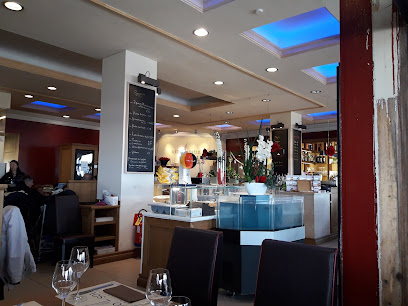
Ocean
Experience authentic Belgian cuisine with stunning seaside views at The Ocean in Ostend - where every meal is a celebration.
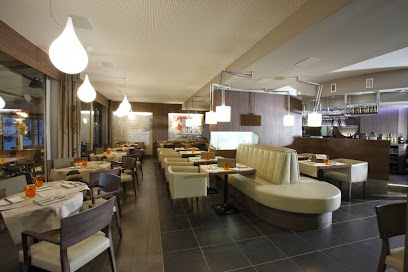
De Mangerie
Experience exquisite seafood dining at De Mangerie in Ostend – where fresh flavors meet stunning sea views.
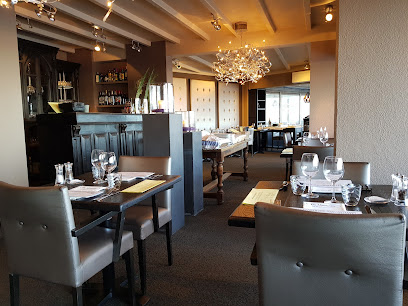
Bistro Bottarga
Experience the perfect blend of Modern French and Asian cuisine at Bistro Bottarga in Ostend's picturesque seaside setting.
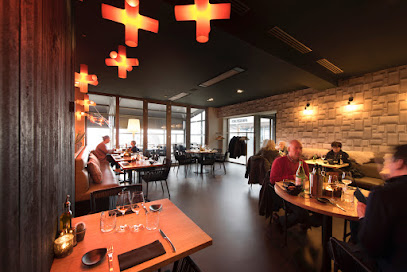
Restaurant Diplomat
Discover Restaurant Diplomat in Ostend: A seafood paradise blending Belgian and French flavors with stunning seaside views.
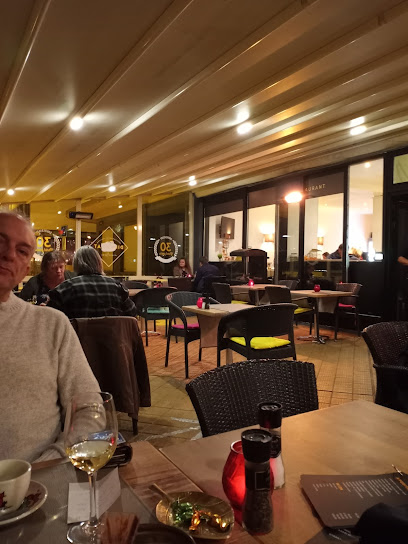
Bistro Mathilda
Experience authentic Belgian cuisine at Bistro Mathilda in Ostend, where tradition meets modernity in every delicious bite.
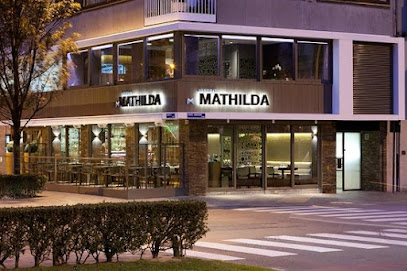
Histoires D'O
Discover exquisite European cuisine at Histoires D'O in Oostende, where delightful flavors meet stunning seaside views for an unforgettable dining experience.
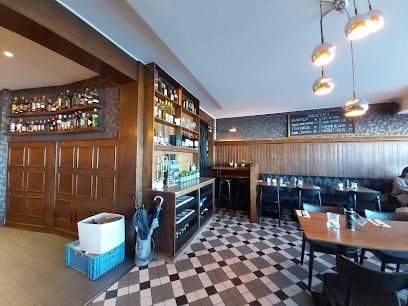
Mommy's Bastards
Experience the best of Belgian cuisine at Mommy's Bastards—a lively gastropub offering delicious food and local brews in Ostend.
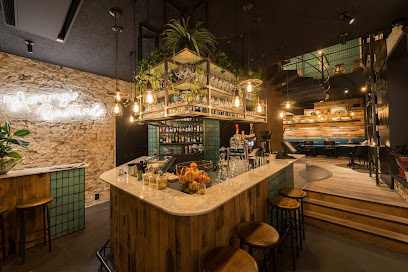
La Stalla
Discover authentic Italian cuisine at La Stalla in Ostend—where every dish tells a story of tradition and flavor.
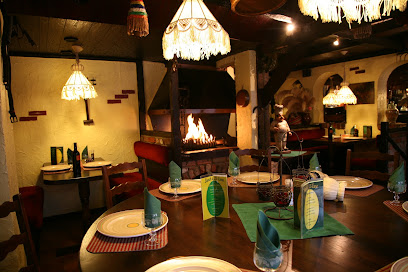
Markets, malls and hidden boutiques
INNO Oostende
Discover INNO Oostende, your ultimate destination for fashion, cosmetics, and accessories on the Belgian coast.
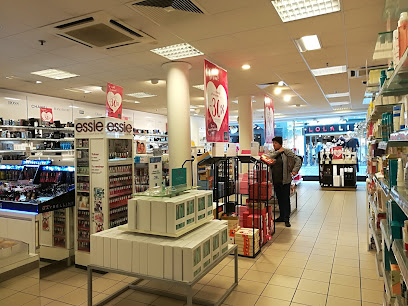
C&A
Explore C&A in Oostende for a wide selection of affordable and trendy clothing for the whole family, blending style with comfort.
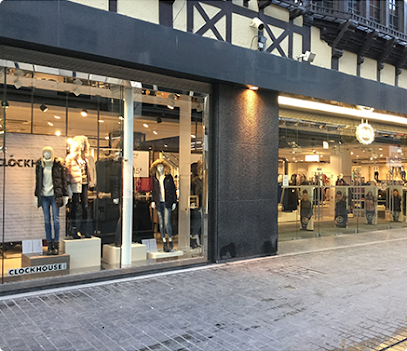
HEMA
Explore HEMA in Ostend for an eclectic mix of gifts, home essentials, and trendy items, perfect for every visitor's needs.
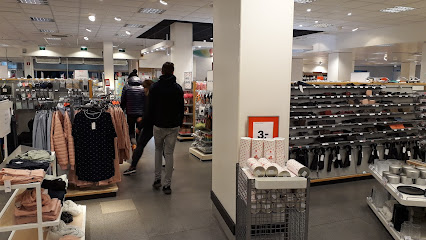
Bershka
Discover trendy clothing and stylish accessories at Bershka in Ostend, the ultimate destination for fashion lovers seeking the latest styles.
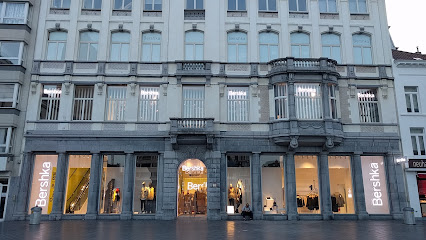
Flying Tiger Copenhagen
Explore Flying Tiger Copenhagen in Ostend for quirky gifts, stylish home goods, and unique party supplies that make every occasion special.
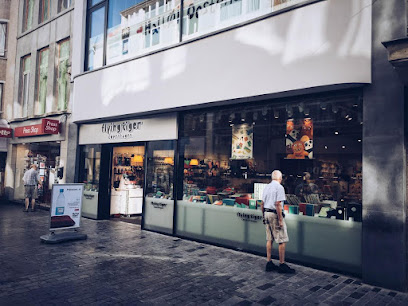
CASA Oostende AB
Explore CASA Oostende for unique gifts, stylish home essentials, and delightful decor that embody the charm of Ostend.
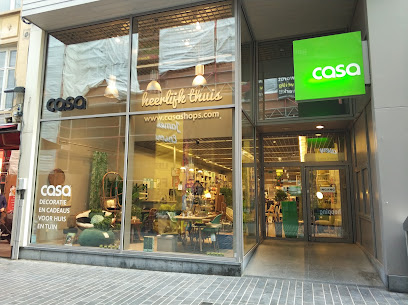
BoekenVoordeel Oostende
Explore BoekenVoordeel Oostende, a treasure trove of books, toys, and unique gifts in the heart of Ostend, perfect for every visitor's shopping adventure.
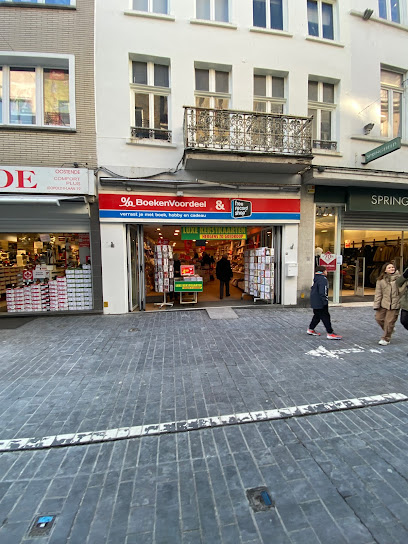
JACK & JONES
Discover JACK & JONES in Ostend - where fashion meets style with a unique selection of men's clothing and accessories.
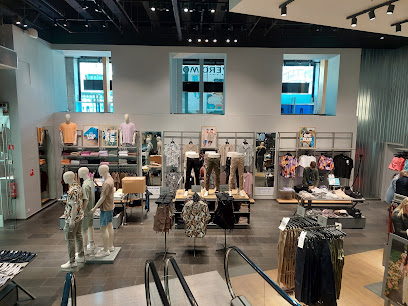
G-Star RAW Store
Discover contemporary fashion and innovative denim at G-Star RAW Store in Ostend, your ultimate shopping destination for stylish clothing and accessories.
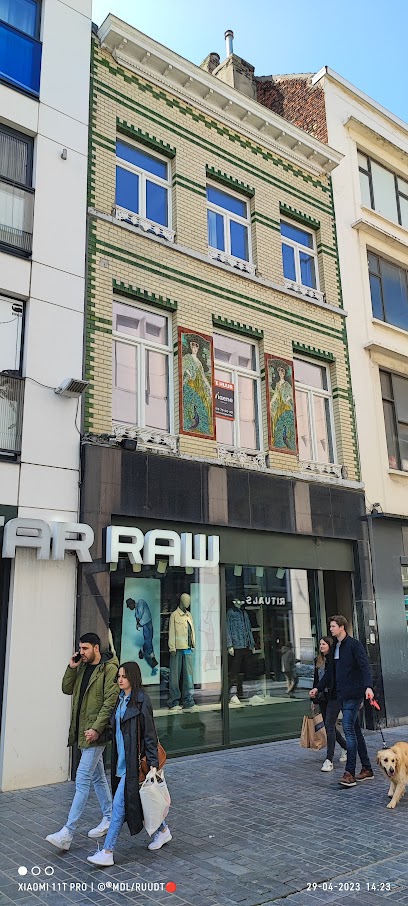
A Propos Fashion
Discover unique women's fashion at A Propos Fashion, a charming boutique in Ostend, where style meets the seaside atmosphere.
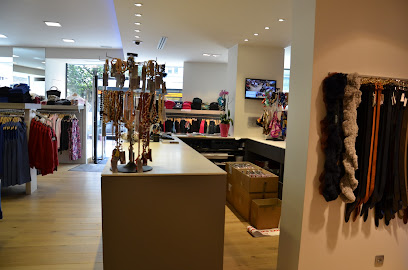
Bolts Skateshop
Explore the vibrant Bolts Skateshop in Ostend for the best skate gear and unique streetwear that embodies the spirit of skate culture.
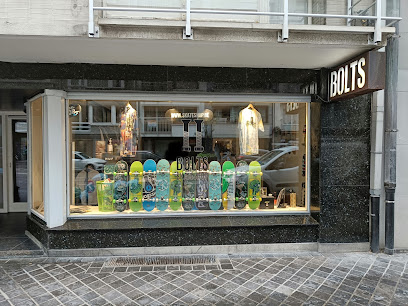
Jelly Jazz - Oostende
Explore Jelly Jazz in Oostende for unique gifts and souvenirs that capture the essence of this vibrant coastal city.
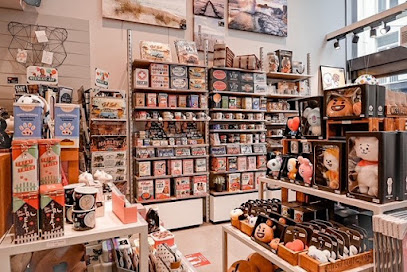
Oil & Vinegar
Explore the exquisite selection of gourmet oils, vinegars, and delicacies at Oil & Vinegar in Ostend, a must-visit for culinary enthusiasts.
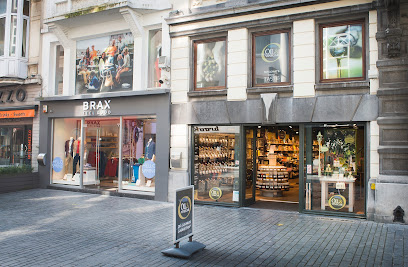
State of Art Store Oostende
Explore the latest in men's fashion at State of Art Store Oostende, where style meets quality in a vibrant coastal atmosphere.
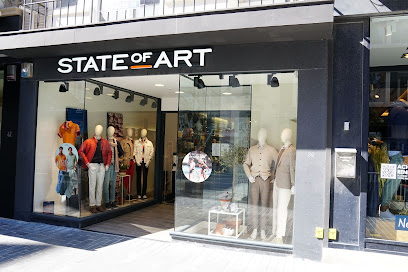
Parfumerie April Oostende
Explore the enchanting world of fragrances at Parfumerie April Oostende, your go-to shop for beauty products and unique gifts in Ostend.
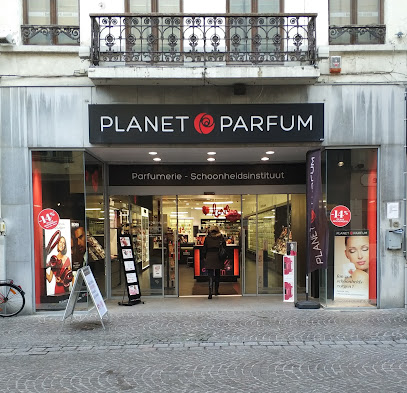
Essential bars & hidden hideouts
Lafayette Music Bar
Discover the lively Lafayette Music Bar in Ostend, where great music and a vibrant atmosphere create unforgettable nightlife experiences.
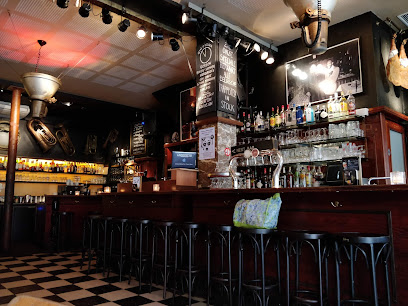
Blue Buddha Beach - Oostende
Discover the vibrant atmosphere of Blue Buddha Beach in Oostende, a perfect blend of relaxation, stunning views, and delicious drinks by the sea.
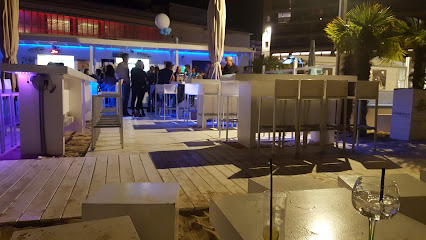
Manuscript
Discover Manuscript, a cozy bar in Ostend offering delicious drinks and a warm atmosphere for an unforgettable night out.
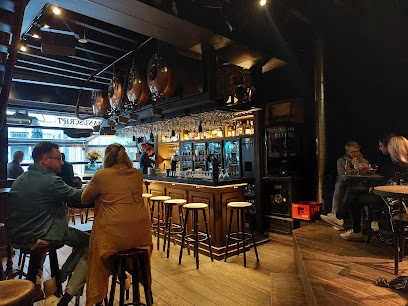
Et Alors
Experience the vibrant atmosphere of Et Alors in Ostend, offering a delightful selection of drinks and a lively social scene.
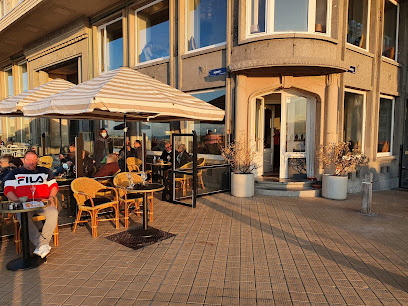
Bondi Beach Bar Oostende (Pop Up Bar)
Discover Bondi Beach Bar in Oostende for a vibrant seaside experience with refreshing drinks and breathtaking views.
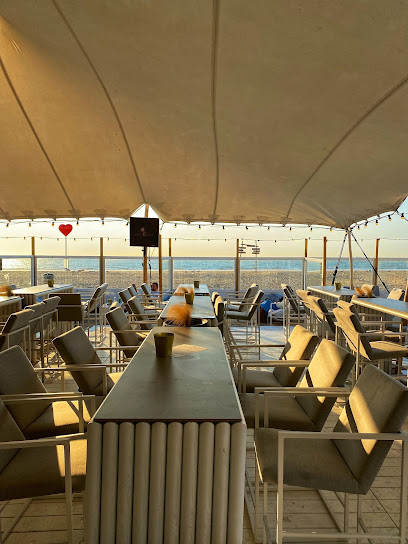
Hemingway
Discover the lively nightlife at Hemingway Bar in Ostend, featuring creative cocktails and a cozy atmosphere perfect for socializing.
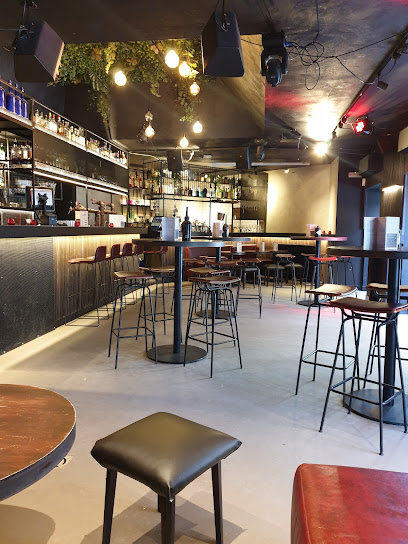
De Zeegeuzen
Experience the vibrant nightlife of Ostend at De Zeegeuzen, where a diverse drink menu and friendly atmosphere await.
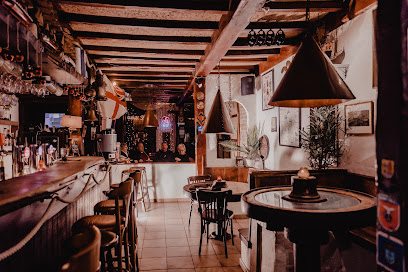
Twilight - Oostende
Experience the lively atmosphere and extensive drink selection at Twilight Pub in Oostende, a must-visit for nightlife lovers.
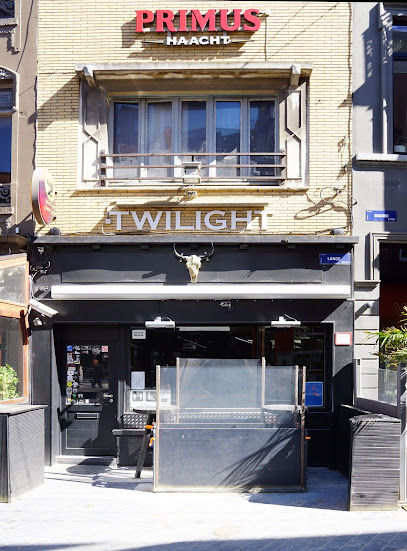
De Crayon
Discover the vibrant atmosphere of De Crayon, a lively bar in Oostende offering local drinks and a unique ambiance for every tourist's delight.
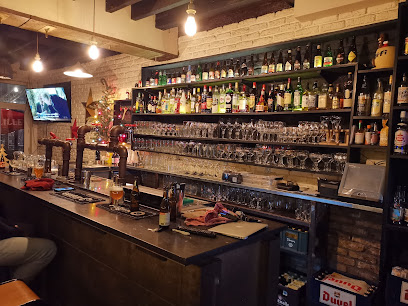
Victor's Boutique Bar
Indulge in creative cocktails and a stylish atmosphere at Victor's Boutique Bar, the perfect nightspot in Ostend.
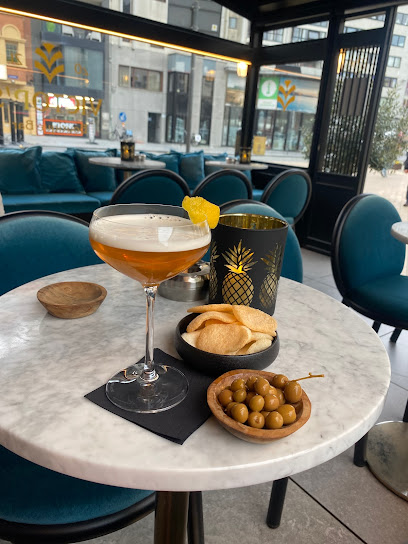
Rhumerie Louis
Experience the tropical charm of Rhumerie Louis in Ostend, a cocktail bar famous for its exquisite rum selection and vibrant atmosphere.
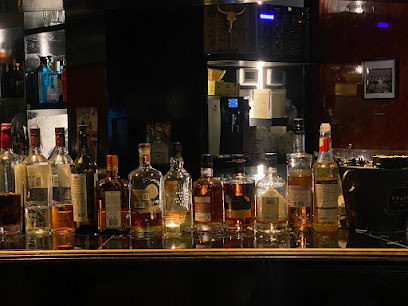
Brazza cocktailbar
Discover the vibrant ambiance of Brazza Cocktailbar in Ostend, where expertly crafted cocktails meet a lively social scene.
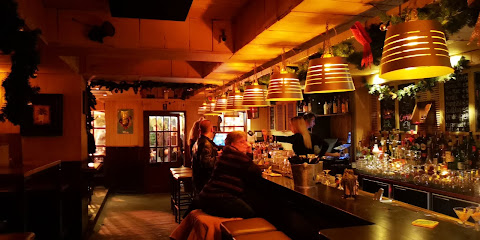
Maxim Cafe - Oostende
Explore the vibrant atmosphere of Maxim Cafe in Oostende, a cozy pub perfect for enjoying local beers and delightful Belgian cuisine.
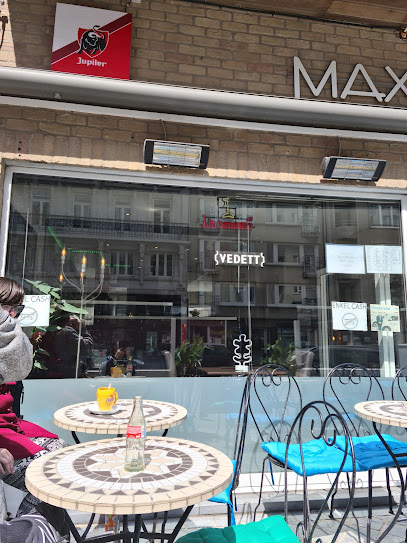
Copador
Discover the lively Copador bar in Oostende, where vibrant nightlife meets friendly ambiance for a perfect evening out.
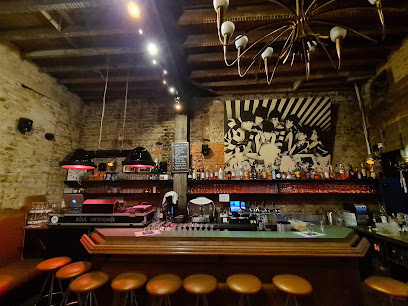
Local Phrases
-
- HelloHallo
[hah-loh] - GoodbyeTot ziens
[toht zeens] - YesJa
[yah] - NoNee
[neh] - Please/You're welcomeAlsjeblieft
[ahls-yuh-bleeft] - Thank youDank je
[dahnk yuh] - Excuse me/SorrySorry
[soh-ree] - How are you?Hoe gaat het met jou?
[hoo gah-t het met yow] - Fine. And you?Goed. En met jou?
[khoot. en met yow] - Do you speak English?Spreek je Engels?
[spreyk yuh eng-uhls] - I don't understandIk begrijp het niet
[ick buh-gryp het neet]
- HelloHallo
-
- I'd like to see the menu, pleaseIk zou graag de menukaart zien, alstublieft
[ick zow khrahkh duh menu-kahrt seen, ahl-stoo-bleeft] - I don't eat meatIk eet geen vlees
[ick ayt khayn flays] - Cheers!Proost!
[prohst] - I would like to pay, pleaseIk zou graag willen betalen, alstublieft
[ick zow khrahkh vil-len buh-tah-len, ahl-stoo-bleeft]
- I'd like to see the menu, pleaseIk zou graag de menukaart zien, alstublieft
-
- Help!Help!
[help] - Go away!Ga weg!
[gah vekh] - Call the Police!Bel de politie!
[bel duh poh-lee-see] - Call a doctor!Bel een dokter!
[bel ayn daw-kter] - I'm lostIk ben verdwaald
[ick ben ver-dwahld] - I'm illIk ben ziek
[ick ben zeek]
- Help!Help!
-
- I'd like to buy...Ik zou graag willen kopen...
[ick zow khrahkh vil-len koh-pen] - I'm just lookingIk kijk alleen maar
[ick kike ahl-ayn mahr] - How much is it?Hoeveel kost het?
[hoo-veyl kohst het] - That's too expensiveDat is te duur
[daht is tuh dyoor] - Can you lower the price?Kan je de prijs verlagen?
[kan yuh duh preys fur-lah-hen]
- I'd like to buy...Ik zou graag willen kopen...
-
- What time is it?Hoe laat is het?
[hoo laht is het] - It's one o'clockHet is een uur
[het is ayn oor] - Half past (10)Half tien
[half teeyn] - MorningOchtend
[okh-tend] - AfternoonNamiddag
[nah-mid-dahkh] - EveningAvond
[ah-vohnd] - YesterdayGisteren
[khist-er-en] - TodayVandaag
[vahn-daakh] - TomorrowMorgen
[mohr-khen] - 1Een
[ayn] - 2Twee
[tway] - 3Drie
[dree] - 4Vier
[feer] - 5Vijf
[vayf] - 6Zes
[zehs] - 7Zeven
[zay-ven] - 8Acht
[ahkht] - 9Negen
[nay-khen] - 10Tien
[teen]
- What time is it?Hoe laat is het?
-
- Where's a/the...?Waar is een/de...?
[vahr is ayn/de...] - What's the address?Wat is het adres?
[vaht is het ah-dres] - Can you show me (on the map)?Kan je me dat tonen (op de kaart)?
[kan yuh me daht toh-nen (op deh kaart)] - When's the next (bus)?Wanneer is de volgende (bus)?
[ven-er is deh vol-hen-duh (bus)] - A ticket (to ....)Een ticket (naar ....)
[ayn ticket (nar)]
- Where's a/the...?Waar is een/de...?
History of Ostend
-
Ostend, originally a small fishing village, was first mentioned in historical records in 1265. It was located on an island in the North Sea called 'Testerep'. Over time, the settlement expanded, and by the 15th century, Ostend had grown into a significant town with a burgeoning fishing industry.
-
The strategic location of Ostend made it a focal point during the Eighty Years' War between the Spanish Empire and the Dutch Republic. From 1601 to 1604, the Siege of Ostend occurred, one of the longest and bloodiest sieges in European history. The town was left in ruins, but its resistance became a symbol of Dutch tenacity.
-
After the devastation of the Eighty Years' War, Ostend underwent reconstruction. By the 18th century, it became the center of the Ostend Company, established by the Austrian Empire to facilitate trade between Europe and the Far East. The company's operations significantly boosted the local economy until its dissolution in 1731.
-
During the Napoleonic Wars, Ostend was fortified by the French to protect it from British attacks. The town's fortifications were expanded, and it served as a key naval base. However, following Napoleon's defeat, Ostend was integrated into the United Kingdom of the Netherlands in 1815 and later became part of Belgium in 1830.
-
The 19th century marked a period of prosperity for Ostend. King Leopold II of Belgium took a particular interest in the city, transforming it into a fashionable seaside resort. The construction of grand hotels, casinos, and the famous Royal Galleries turned Ostend into the 'Queen of the Belgian sea-side resorts'.
-
Ostend was significantly affected by both World Wars. During World War I, the city was occupied by German forces and used as a base for their navy. World War II saw similar occupation, with extensive damage from both German fortifications and Allied bombings. Post-war, Ostend was rebuilt and modernized, retaining its status as a popular tourist destination.
-
In the second half of the 20th century, Ostend continued to develop its tourism industry while also expanding its port facilities. Today, it is known for its vibrant cultural scene, including the annual Theater aan Zee festival, and its historical landmarks, such as the Church of Saint Peter and Saint Paul, and the Atlantic Wall Open Air Museum.
Ostend Essentials
-
Ostend is accessible via several transportation options. The nearest international airport is Brussels Airport (BRU), approximately 120 kilometers away. From Brussels, you can take a direct train to Ostend, which takes around 1.5 hours. Alternatively, Ostend-Bruges International Airport (OST) offers limited flights and is just a short taxi or bus ride from the city center. For those traveling by car, Ostend is well-connected by major highways such as the E40. There are also regular ferry services from the UK to nearby ports like Zeebrugge, from where you can take a train or drive to Ostend.
-
Ostend offers various transportation options to get around the city. The public bus system is operated by 'De Lijn' and covers most areas, including major attractions and neighborhoods. Taxis are readily available and can be hailed on the street or booked in advance. Biking is also a popular and convenient mode of transport; the city has numerous bike rental shops and well-maintained cycling paths. For a more leisurely experience, consider taking a ride on the coastal tram, which runs along the Belgian coast from De Panne to Knokke-Heist, passing through Ostend.
-
The official currency of Belgium is the Euro (EUR). Credit and debit cards are widely accepted in hotels, restaurants, and shops. Contactless payments are also common. ATMs are plentiful, especially in the city center, so withdrawing cash is straightforward. However, it is advisable to carry some cash, particularly for smaller establishments and markets where card payments may not be accepted.
-
Ostend is generally a safe city for tourists, but standard precautions should be taken. Keep an eye on personal belongings, especially in crowded areas such as the train station and popular tourist spots. While Ostend does not have specific high-crime areas targeting tourists, it is wise to avoid poorly lit and deserted areas at night. Always stay vigilant and aware of your surroundings.
-
In case of emergency, dial 112, the general emergency number for police, fire, and medical services in Belgium. The nearest hospital with emergency services is AZ Sint-Jan Campus Henri Serruys, located at Kaaistraat 1, Ostend. Pharmacies are readily available for minor health issues, and many offer 24-hour service. It is advisable to have travel insurance that covers medical emergencies.
-
Fashion: Do dress smart-casual; ostentatious or overly casual attire may be frowned upon in certain settings. Religion: Do respect local customs, especially when visiting churches. Public Transport: Do validate your ticket before boarding and be courteous to other passengers. Don't eat or drink on public transport. Greetings: Do greet people with a handshake; a friendly smile is also appreciated. Eating & Drinking: Do try local seafood delicacies and always say 'thank you' (dank u) when served. Don't rush meals; dining is a leisurely activity in Ostend.
-
To experience Ostend like a local, visit the Visserskaai to sample fresh seafood directly from the fishermen's stalls. Spend a relaxing afternoon at Mariakerke Beach, a favorite among locals. Attend a local event or festival, such as the Theater aan Zee or the Ostend Film Festival, to immerse yourself in the local culture. Lastly, explore the lesser-known neighborhoods like the Belle Epoque district to appreciate the city's architectural beauty.
Trending Landmark in Ostend
Nearby Cities to Ostend
-
Things To Do in Ostend-Bruges International Airport
-
Things To Do in De Haan
-
Things To Do in Nieuwpoort
-
Things To Do in Blankenberge
-
Things To Do in Bruges
-
Things To Do in Zeebrugge
-
Things To Do in Knokke-Heist
-
Things To Do in Ypres
-
Things To Do in Kortrijk
-
Things To Do in Ghent
-
Things To Do in Lille
-
Things To Do in Tournai
-
Things To Do in Aalst
-
Things To Do in Antwerp
-
Things To Do in Brussels













